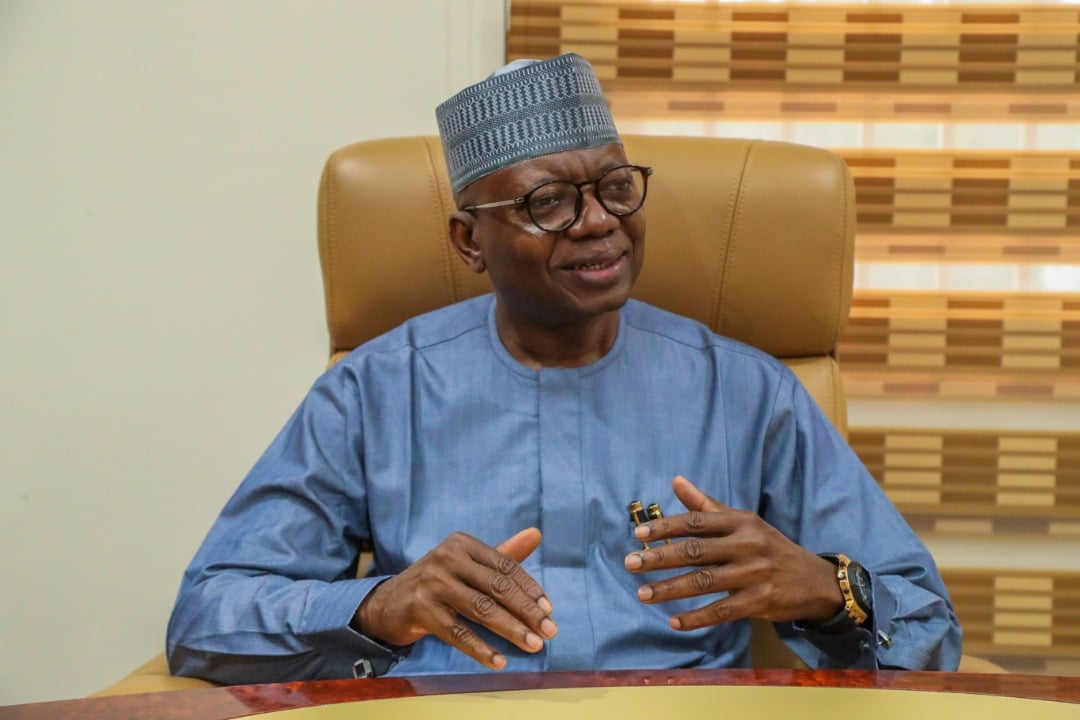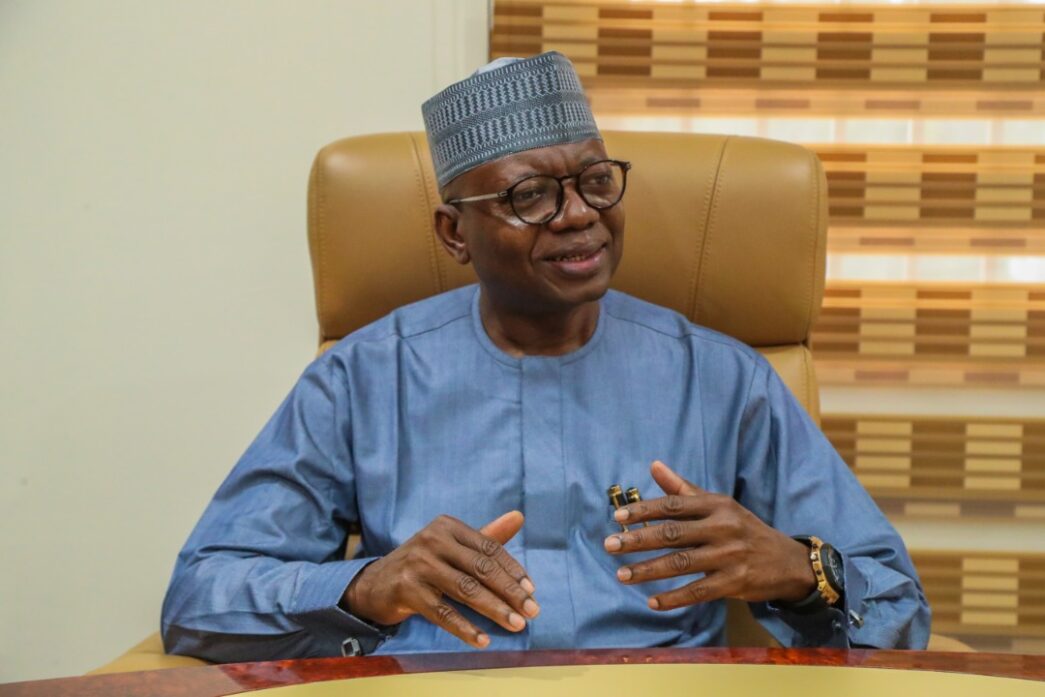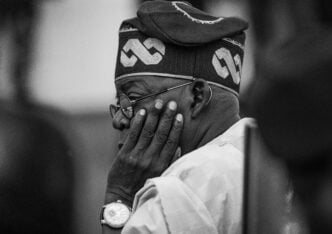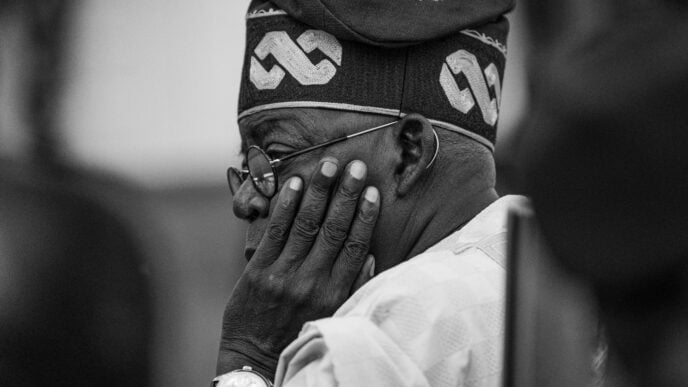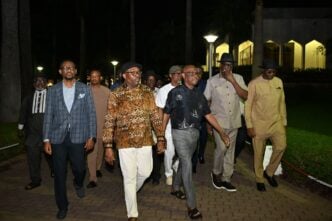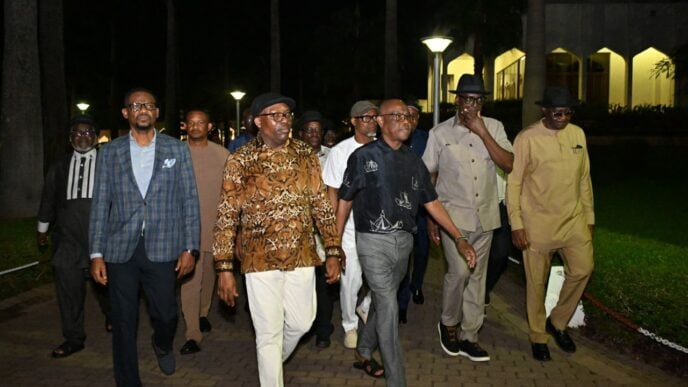BY ABDULLAHI HARUNA
In the often chaotic theatre of Nigerian policymaking, where reforms are either slowed by vested interests or completely buried under the weight of political bickering, one man quietly but resolutely navigated the storm and emerged as the architect of a historic fiscal transformation — Senator Mohammed Sani Musa, the distinguished lawmaker representing Niger East senatorial district.
As the chairman of the senate committee on finance and head of the legislative conference committee on Tax Reform Bills, Senator Sani Musa carried an unenviable burden with a rare blend of grit, diplomacy, and vision. His mission was delicate and daunting: to overhaul Nigeria’s archaic tax system, streamline revenue collection, close leakages, and ensure fiscal justice—all while balancing an array of competing interests from federal agencies, state governments, businesses, and the general public.
Where others saw complexity and controversy, Senator Musa saw duty. The Tax Reform Act was not just another legislative document—it was a structural lifeline for a nation seeking economic renewal. He approached it with surgical precision, working painstakingly with committee members to study every clause, harmonise conflicting views, engage stakeholders, and, most importantly, allay fears that often derail such transformative efforts. Every grey area was combed through. Every interest was heard and addressed. He built consensus where there was discord and forged solutions where there were doubts.
Advertisement
This was not reform for the cameras. There were no media blitzes or ego-driven soundbites. Just quiet, determined work—long nights of drafting, endless consultative meetings, and tireless back-channel negotiations that eventually produced a reform bill that sailed through both chambers of the national assembly and earned the assent of the President of the Federal Republic of Nigeria.
Senator Sani Musa’s role in this process mirrors that of other global reformists who defied the odds to shift the course of their nations. Like Alexander Hamilton, who laid the foundations of America’s modern financial system amidst fierce opposition. Like Lee Kuan Yew, who navigated Singapore from poverty to prosperity with institutional discipline. Or closer home, like Ngozi Okonjo-Iweala, who stood firm against entrenched corruption during Nigeria’s debt relief campaign. In that rare class of tenacious reformers, Sani Musa now takes his place.
What distinguishes him is not just the result, but the process, grounded in inclusion, equity, and long-term national interest. He didn’t bulldoze through. He built bridges.
Advertisement
As Nigeria embarks on the implementation of this historic Act, the realisation dawns that the silent secret behind its seamless actualisation lies in the labours of Sani Musa and his committee—unsung heroes who chose nation over noise, delivery over drama.
History, undoubtedly, will be kind to the senator from Niger East. Not only for his legislative acumen but for his unflinching commitment to service, for his calm navigation through turbulent reform waters, and for proving once again that true leadership is not always about thunderous applause, but about enduring impact.
In the national assembly, he is a lawmaker. In the annals of Nigerian reform, he is a statesman.
Haruna writes from Abuja
Advertisement
Views expressed by contributors are strictly personal and not of TheCable.
